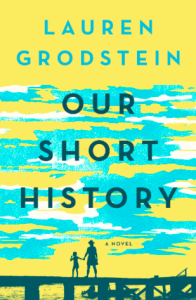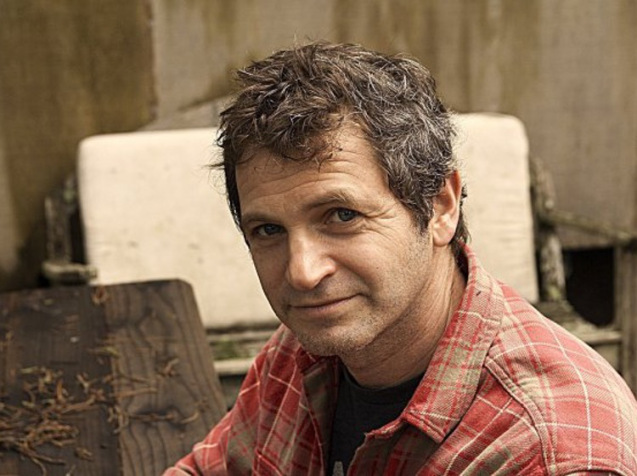
Florence and Martha summer holidaying in the UK, July 2017
I read a moving exert recently by the late Australian born writer, Cory Taylor, taken from a body of work reflecting on the time since her cancer diagnosis in 2005.
There are many inspirational and thought provoking sentiments conveyed in the narrative, and something about the way she informally yet intimately connects with you as a reader which I found to be quite profound.
So many quotes and clichés about dying have been handed down through the generations, you’d think society would be more accustomed and familiar with how to handle the subject than it often is.
I find whole weeks can pass without giving a second’s consideration to the topic of mortality, but then a trigger moment will ensure it blankets all other thoughts for hours on end.
A crystal clear childhood memory I have was being told by my Dad that his mother – “Ma” – had died. I was around 8 years old and remember running upstairs and standing in the corner of my bedroom in tears. I can picture the colours in the curtains and that sensation of how my body felt absorbing this strange news. I couldn’t tell you anything else about what happened afterwards, but each time I’ve evoked memories of my grandparents since, they are always ones which make me smile, and I feel lucky to have been old enough to have these sit happily in my subconscious.
As a parent with an 8 year old myself, I’ve also spent time with these memories imaging what it was like for my parents to lose theirs. Cory Taylor’s clear advice – upon her own realisation that the decade of writing she had always imagined she’d have “in front of me” was now being taken away from her – is to accept that we are powerless over our own fate: “as if any of us are in control of anything”.
Decisions and choices made in life of course make a dent on things, but what I take from Taylor’s reflections are the advantages – in many ways – available to us when we embrace our own powerlessness in the order of the world.
Is it possible to “embrace” mortality also? Maybe. It’s certainly possible to use the perspective which mortality can provide when it comes to prioritising that most sacred of commodities in the world: time.
Time with family, time with friends, time for oneself. Time invested in those pursuits which nourish and inspire, but which also open up contemplation. Time to be present, to be available.
This morning my girls went back to school, following a fresh dose of some quite splendid time spent back in the UK, reinforcing to me, as I pen this, how special the connections with family, in particular, will always be, and how they are somehow made and meant to stand the test of time. Seeing my girls engage so intuitively with their cousins and grandparents, uncles and aunts, only further underscores this.
One of Cory Taylor’s other observations that resonated with me was her view on the after-life. Assuming, as she does, that this is a concept unlikely to physically happen, she theorizes about how her after-life might be realised in a different way – an idea inspired whilst living in Arita, Japan, with her husband, Shin, an artist “who chose to paint on porcelain, instead of on perishable materials like paper or canvas”.
“Arita,” she continues, “is littered with porcelain shards everywhere you look, and my husband likes to imagine that four hundred years from now shards of his work might be unearthed and collected by some curious traveler, just as he likes to unearth and collect fragments of work painted by his predecessors. In that way, he says, he will have achieved a degree of immortality. I say that I feel the same way about my work. I like to think that, long after I’m gone, someone somewhere might read a book or essay of mine in a last remaining library or digital archive and be touched in some way.”
Instead of visioning continuity as a physical entity, Taylor rather describes these more “ordinary ways in which we cheat death” – and this strikes a chord. Indeed, her work is already doing that, breathing momentarily through the medium of this post.
Whether it is “the evocative power of the objects we leave behind, or in a form of words, a turn of the head, a way of laughing” – as Taylor puts it – perhaps it is actually because of the ordinariness and the brevity of these “fleeting things” that their effectiveness in linking us to something past is ensured?
Like a small electric shock, that flickering recall of something that is, in fact, very much alive, and will always be so.
Advertisements Share this:





